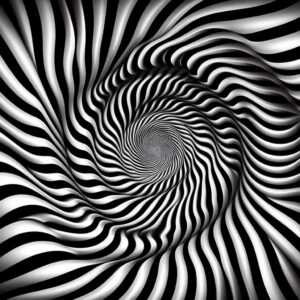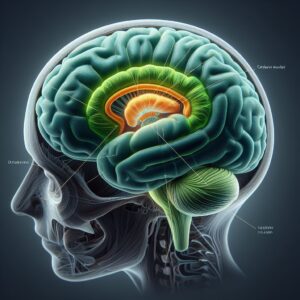Alexander Z
Student
Questions
Summaries
Videos
Audios
Where does the spinal cord typically end in the vertebral column?
August 24, 2024
In patients with peripheral neuropathy, which nerve lesion is commonly associated with foot drop and loss of ankle jerk reflex?
August 24, 2024
Which condition can cause wasting and weakness of the quadriceps, along with diminution or loss of the knee jerk?
August 24, 2024
What presenting symptom might be associated with adult-onset diabetes mellitus?
August 24, 2024
To differentiate between a femoral nerve lesion and an L2/3/4 root (or plexus) lesion, which muscle should you test?
August 24, 2024
Which conditions are characterized by dissociated sensory loss, where the patient can feel the lightest touch but cannot distinguish one end of a pin from the other?
August 24, 2024
In peripheral neuropathies and common peroneal nerve lesions, which muscle often shows wasting?
August 24, 2024
In a patient with sciatica, which motor sign may be the only indication of an L5 root lesion?
August 24, 2024
Which clinical feature is characteristic of hereditary spastic paraplegia (HSP)?
August 24, 2024
Which condition is characterized by a shuffling gait with small steps and loss of arm swing, often seen in patients with a normal base?
August 24, 2024
Which of the following features should make you consider a rotator cuff injury rather than an axillary nerve lesion?
August 3, 2024
When should you test for weakness of neck flexion or extension in a patient?
August 3, 2024
Which of the following methods is correct for detecting weakness in the brachioradialis muscle?
August 3, 2024
Which of the following is a correct method to determine if shoulder abduction weakness is due to the serratus anterior or trapezius muscles?
August 3, 2024
Which muscle is crucial to test in a suspected case of radial nerve palsy?
August 3, 2024
Why is it almost impossible to abduct the fingers when they are flexed at the metacarpophalangeal joints, especially in the context of wrist drop?
August 3, 2024
When should myasthenia gravis be considered as a potential diagnosis in a patient with eye movement weakness?
August 3, 2024
Ptosis accompanied by weakness of the orbicularis oculi muscle, which improves with rest but worsens with activity, is most likely indicative of which condition?
August 3, 2024
Pupillary inequality due to an oculomotor palsy is most obvious in which type of lighting condition?
August 3, 2024
Complete ptosis, where the pupil is covered by the lid, is unlikely to be due to which of the following conditions?
July 31, 2024
Q 1.36. Cerebral Circulation: An Overview. Examination methods.
March 24, 2024
Q 2.7. Metabolic neuropathies. Diabetic neuropathy.
March 24, 2024

Q 2.15. Myasthenia Gravis (MG). MG vs other neuro-muscular junction disorders. Diagnosis and treatment.
March 22, 2024
Q 2.16. Cerebrovascular diseases. Classification
March 22, 2024
Q 2.23. Spinal Cord Tumors
Q 2.24. Traumatic Brain Injury. Concussion, brain contusion and brain compression. Traumatic cerebral hemorrhage. Late consequences.
Q 2.30. Progressive Muscular Dystrophy (MD)
March 22, 2024
Q 2.35. Neurological Emergencies and Their Management
March 21, 2024
Q 1.16. Higher Cortical Functions: Speech and Aphasia. Alexia, agraphia.
March 21, 2024
Q 1.14. Caudal Group Cranial Nerves: Anatomy and Physiology
March 18, 2024

Q 1.13. Vestibulocochlear nerve: anatomy and physiology. Impairment syndromes.
March 18, 2024
Q 1.11. Trigeminal Nerve: Anatomy, Physiology, and Pathology
March 17, 2024
Q 1.10. Anatomy and Physiology of the Ocular Motor System
March 17, 2024
No videos found
Question 1: Peripheral Nervous System Disorders. Classification. Neuralgia, mononeuritis, plexitis. Treatment.
Radiographic Evaluation of the Cranium
February 2, 2024
